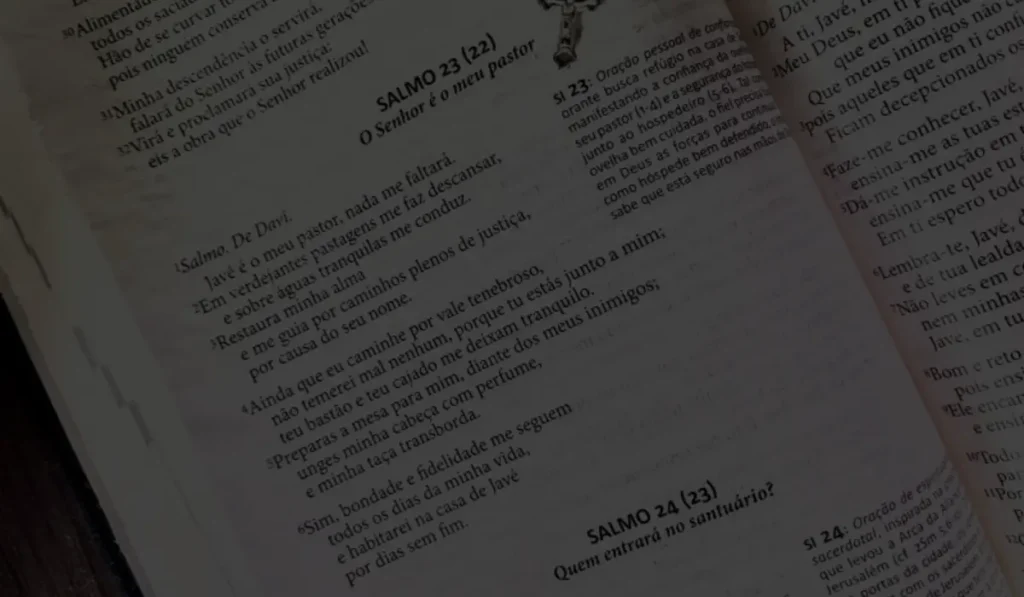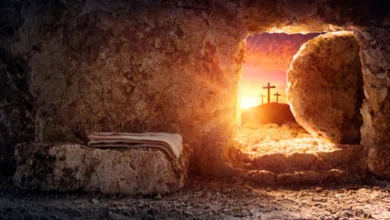The Lord is My Shepherd and I Will Not Lack: A Deep Theological Exploration!
The Lord is my shepherd and I shall not want anything verse – There are verses in the Bible that stand out and resonate with us, becoming anchors for our faith.

“The Lord is my shepherd, I shall not want,” found in Psalm 23, is without a doubt one of those powerful verses.
On the other hand, we have other texts of great spiritual power that inspire us, such as “Your grace is enough for me“, which teaches us about the sufficiency and strength found in God’s grace.
This article will take an in-depth look at the meaning of this beloved verse, exploring the pastoral symbolism, promise of provision, and the influence of this verse on the Christian life.
The Historical and Biblical Context
To begin to fully understand the depth of this verse, it is first necessary to place it in its historical and biblical context.
In this sense, it is interesting to note that there are short passages that have great relevance, such as “What is the shortest verse in the Bible?“, a question that can lead us to interesting reflections.
This statement is the beginning of Psalm 23, attributed to King David.
David was a shepherd before becoming a king, therefore familiar with the work and challenges of caring for a flock.
The analogy of the Lord as shepherd, therefore, has profound meanings and implications.
Likewise, each biblical book, regardless of its size, has great meaning.
O "What is the shortest book in the Bible?” is a question that reminds us of this.
The Lord as Shepherd: A Detailed Explanation
“The Lord is my shepherd,” is a direct affirmation of dependence and trust in God’s leadership and care.
The figure of the shepherd was well known in biblical culture.
The shepherd guided the sheep to safe, green pastures, protected them from danger and rescued them when they went astray.
In this sense, when we affirm that “The Lord is my shepherd”, we are recognizing that God guides our lives, protects us and is always ready to rescue us when we go astray.
The shepherd-sheep relationship is also one of deep intimacy and knowledge.
Jesus, in the New Testament, expands this metaphor when he declares: “I am the good shepherd; I know my sheep and they know me” (John 10:14).
Thus, the statement “The Lord is my shepherd” invites us to cultivate an intimate and personal relationship with God, where we are fully known and loved.
I Will Not Lack: The Deep Meaning of Divine Provision
“I shall not want” is an affirmation that God meets all our needs.
But this promise goes beyond physical and temporal needs.
Of course, God cares for our physical well-being, but Psalm 23 takes us into deeper territory, exploring spiritual and emotional provision.
“I shall not want” is the assurance that God will provide us with peace in the midst of the storm, strength in our weakness, and the grace to overcome our greatest challenges.
It is the promise that our souls will find rest, our spirits will be refreshed, and our hearts will be comforted, no matter what the circumstances.
The Application of this Verse in Contemporary Christian Life
In modern life, we often find ourselves yearning for security and stability in the midst of chaos.
This verse reminds us that despite life's changes and uncertainties, we have a Shepherd who is in control and who will care for us.
As Christians, we are called to carry this promise in our hearts and allow it to shape our stance toward the world and the circumstances we face.
It should encourage us to trust in God and rest in His providence, regardless of the storms that may arise.
Conclusion
The message of “The Lord is my shepherd and I shall not want” is as relevant today as it was in David’s day.
This verse challenges and encourages all of us to trust God as our Shepherd – the one who knows our ways, lovingly cares for us, and provides for all our needs.
Remembering this biblical truth helps us face each day with hope, faith, and the assurance that we are not alone.
We find rest in the presence of our Shepherd, knowing that, with Him, we will truly lack nothing.
FAQ – (Frequently Asked Questions)
“What is the meaning of the verse”The Lord is my shepherd and I shall not want“?”
The verse “The Lord is my shepherd and I shall not want” comes from Psalm 23 of the Bible.
This phrase expresses a deep faith in God as provider and protector.
Basically, it suggests that when one trusts in God (the “shepherd”), all needs will be met (“I shall lack nothing”).
“In which book and chapter of the Bible can I find “The Lord is my shepherd and I shall not want”?”
This verse is the first verse of Psalm 23 in the Bible.
It is one of the best-known and loved psalms, commonly read in religious services, funerals and moments of spiritual comfort.
“How can this verse be interpreted in the context of modern life?”
In the context of modern life, this verse can be interpreted as an affirmation of trust and dependence on God, regardless of life's circumstances.
It suggests a perspective that God provides all needs, both spiritual and physical.
“Are there different interpretations of this verse among different Christian denominations?”
Although the verse is accepted across all Christian denominations, some may emphasize different aspects.
For example, some may focus more on God's role as provider, while others may focus more on the figure of the shepherd caring for his flock.
“How can this verse be applied to the daily practice of faith?”
This verse can be applied to the daily practice of faith through prayers, meditation and thanksgiving, recognizing and trusting that God is taking care of all of life's needs.




